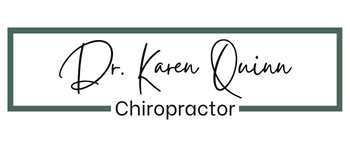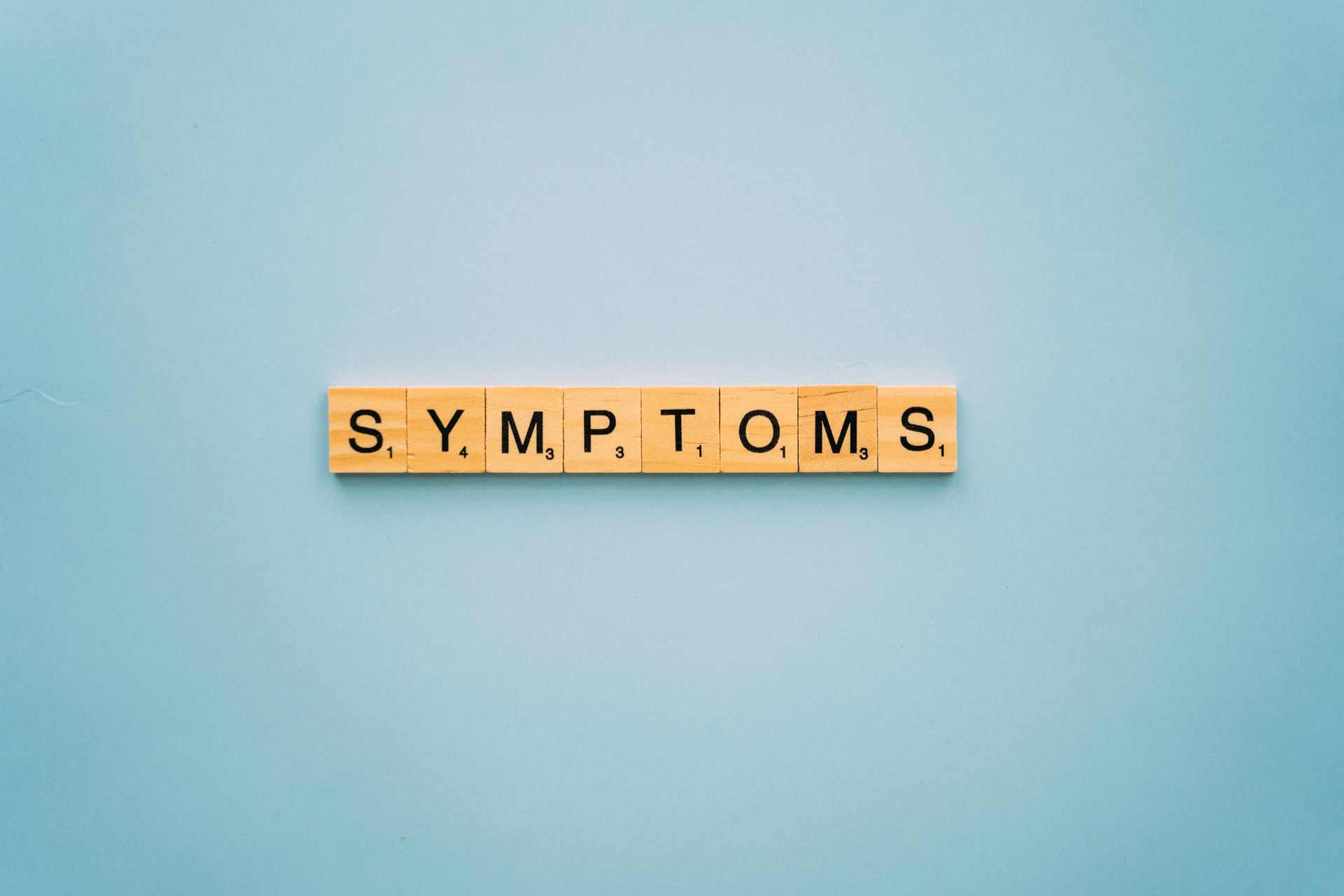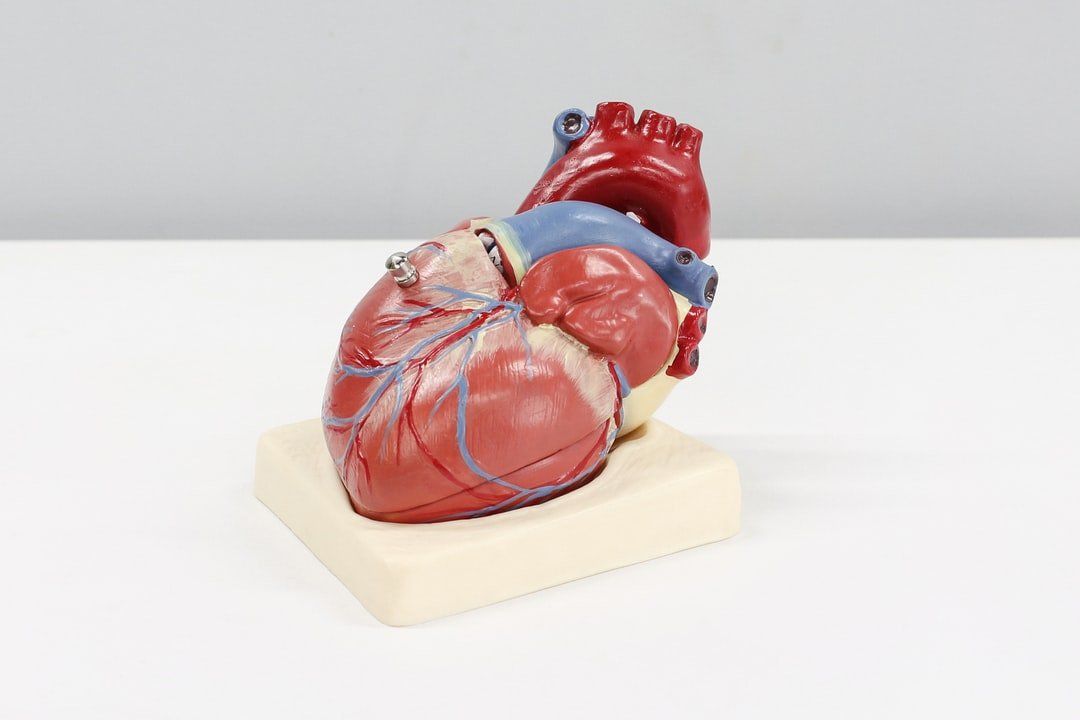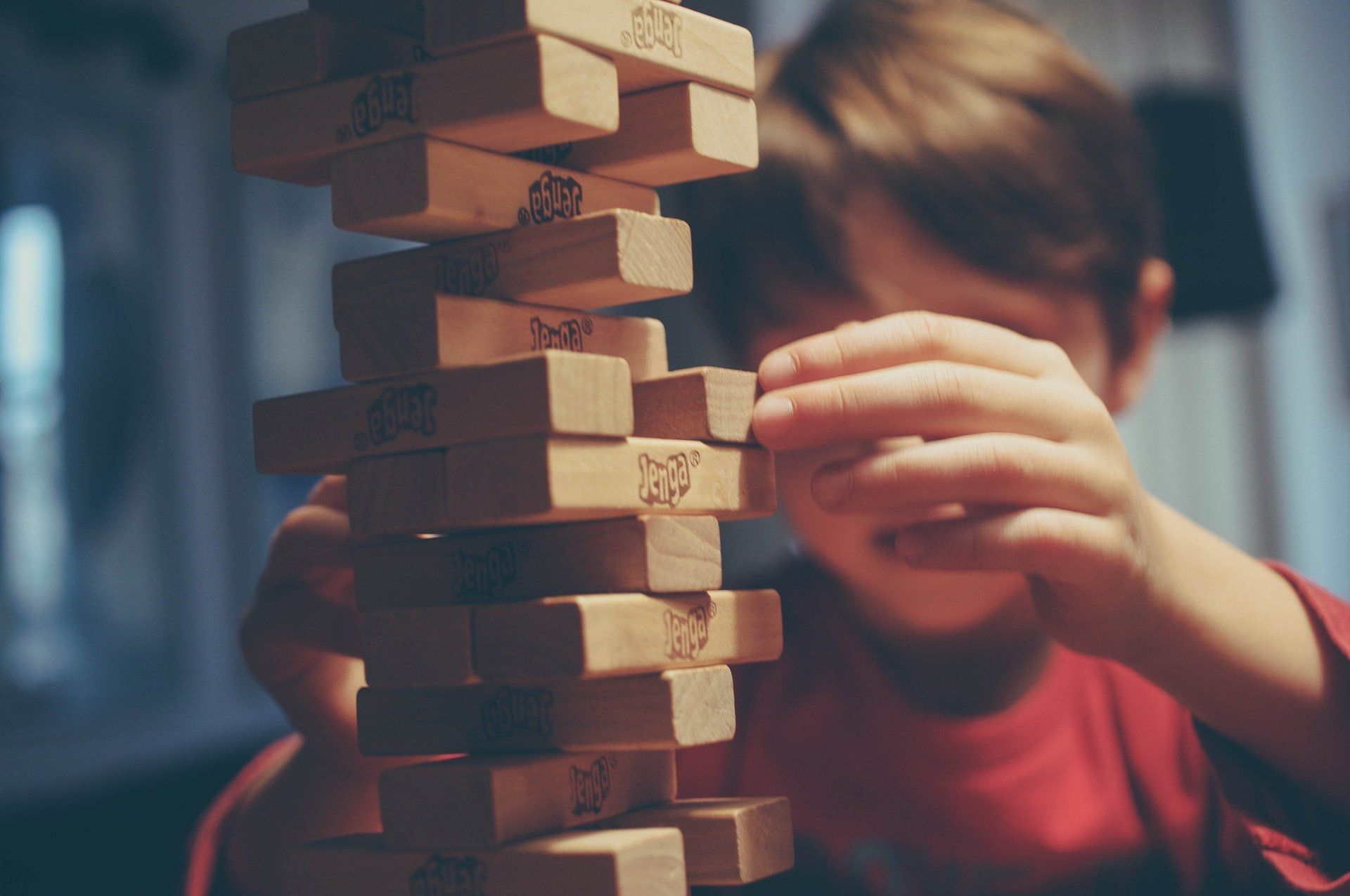Lessons from Triathlon Training
As the weather starts to chill I find myself daydreaming back to the summer. Ours was a rainy one, but there was one day in particular that will forever be etched in my mind. Perhaps more importantly what that day represented to me.
I have had a long time goal of completing an Olympic triathlon. This seemed out of reach a mere 4 years ago, having been involved with running events my entire life, but only getting into cycling and swimming as an adult. My first taste of the sport was when I entered the Banff Sprint Triathlon in 2012. I was untrained (active through summer but nothing structured) and despite the water being brutally cold it was fun and the most beautiful race I've been involved in. If you asked me that day if I imagined doing an Olympic triathlon, I would have said it would be a stretch. I couldn't get through a bike ride without a fall at the time and swimming in a lake was the most daunting thing imagineable. I tabled the thought but there was always a nudge to one day attempt it.
Fast forward four years, to a time where I was redirecting my focus to myself. I decided that I needed to commit to a race to make it a real goal, and to enlist the expertise of someone to give me some structured training. I wanted to see what I was "capable" of if I actually trained with someone who knew what they were doing.
You know you're in your zone when even the hard is fun. Training was just that. Tough physically at times, mentally at other times. But it was fun and I loved every minute of it. I found a discipline to stay on track and make training my non-negotiable commitment like I never knew was possible. It became very clear who had my back in supporting me along the journey as well, from the occasional inquiries into how I was doing, understanding when I had to leave events early because I had an early training session the next day, or the post-race texts and calls that meant more than anyone can know.
As with other events where I've had to "dig deep", I always find some golden nugget life lessons, or sometimes just observations in the thick of the tough of it, that ultimately translate to my everyday life.
One of the lessons I was reminded of was the concept of letting go. I've encountered this a number of times in life, when I've held so tightly to an idea, person or goal that I could not fathom why it eluded me. In the context of triathlon training, it was letting go of what I thought my gains were supposed to look like. Two months into training, I was frustrated to the point that I almost backed out of the race. I was about 6 weeks from the goal but wasn't seeing any apparent improvement despite training intensely 6 days a week. Luckily, my trainer heard my desperation and insisted we meet for a coffee. In this conversation, she shared not her wins but her struggles. It helped. It made me realize that me keeping my agreement with myself and allowing myself to see it through was the progress I needed and that everyone goes through the mud...thats how we learn. My frustrations stemmed from the fact that my 10 km times weren't better, in fact they were worse, and although I was increasing the weight I was lifting, I didn't feel I LOOKED any stronger or "better". I assumed gains would be in trimming the extra insulation and being faster in the pool, on my bike and in my shoes. This wasn't happening. I stuck it out, completed the race in the end and even then had a slower run and a mediocre swim (I did however kick as$$ on the bike). When I reflected back though, I realized I did indeed have gains and improvements with training, they just looked different than I assumed they would. I wasn't looking for them so I didnt see them. In fact, the gains I did experience were probably the most valuable.
For one, my recovery post-race was virtually nothing. Most races I would be stiff for a day or two, my biggest race, the Chicago marathon, I couldn't walk upstairs for three days. If you asked me the day after the Olympic tri this summer though? I felt 100%. My improved recovery told me that my body was less damaged in that race, I had less healing to do and that I could probably even push myself harder next time.
The second win, was my self talk. I won't lie, in most races there are moments (sometimes many) where the voice in my head is an a$$hole. I question who I think I am to be attempting that race, or compare myself to the other seemingly more qualified participants. I tell myself to just give up and save face (although I never listen to that one). This was the first race EVER I have been in that I was my biggest cheerleader. I had compassion for myself like I've never experienced. I trusted myself when I needed to walk during the run due to the massive blister on my arch. I believed I could and I did. It was progress.
I can see now that the mental shifts that took place throughout the training were more valuable than the tweeks to my swim technique or the volume of lunges I could do. I realized that my goal was to "see what I'm capable of" with training, but the truth was, I was always capable, the bar just moved depending on how much I put in. Outcomes may vary, but doing my best always looks the same and it starts between my ears.
Although I had goal times for the race, my true intention was to have fun. I set this intention firmly long before the start of the race and it helped from easing pre-race jitters, to laughing it off when someone pointed out my wetsuit was on backwards (really. I wasn't even mortified although I probably should have been haha...instead I was so grateful for the woman who pointed it out before the plunge into the lake). I was chatting with another woman before the race who was also doing her first Olympic distance, and her biggest fear was coming in last. I was almost last in the swim and minutes away from the disqualification time. I didn't expect to be, but I didn't drown or panic (so thats a win), I just took it one stroke at a time and giggled during the swim at how special I must be to have my own "personal" SUP paddleboarder and kayaker to escort me in. Even an intense thunder and lightening storm on my bike didn't phase me, in fact I was grateful to have the rain to cool me off and I saw it as Mother Nature's way of giving me a kick in the a$$ to pick up the pace. The rain and the pain came and went, as it always does, and I was proud for how I "showed up" and my event times meant far less knowing I had fun.
You hear the common themes often among authors, podcasts and gurus...the power of thought and intention. We learn through living and being active observers and participants in our own lives, taking accountability for our role. The progress is there, it just may not look as you initially imagined.
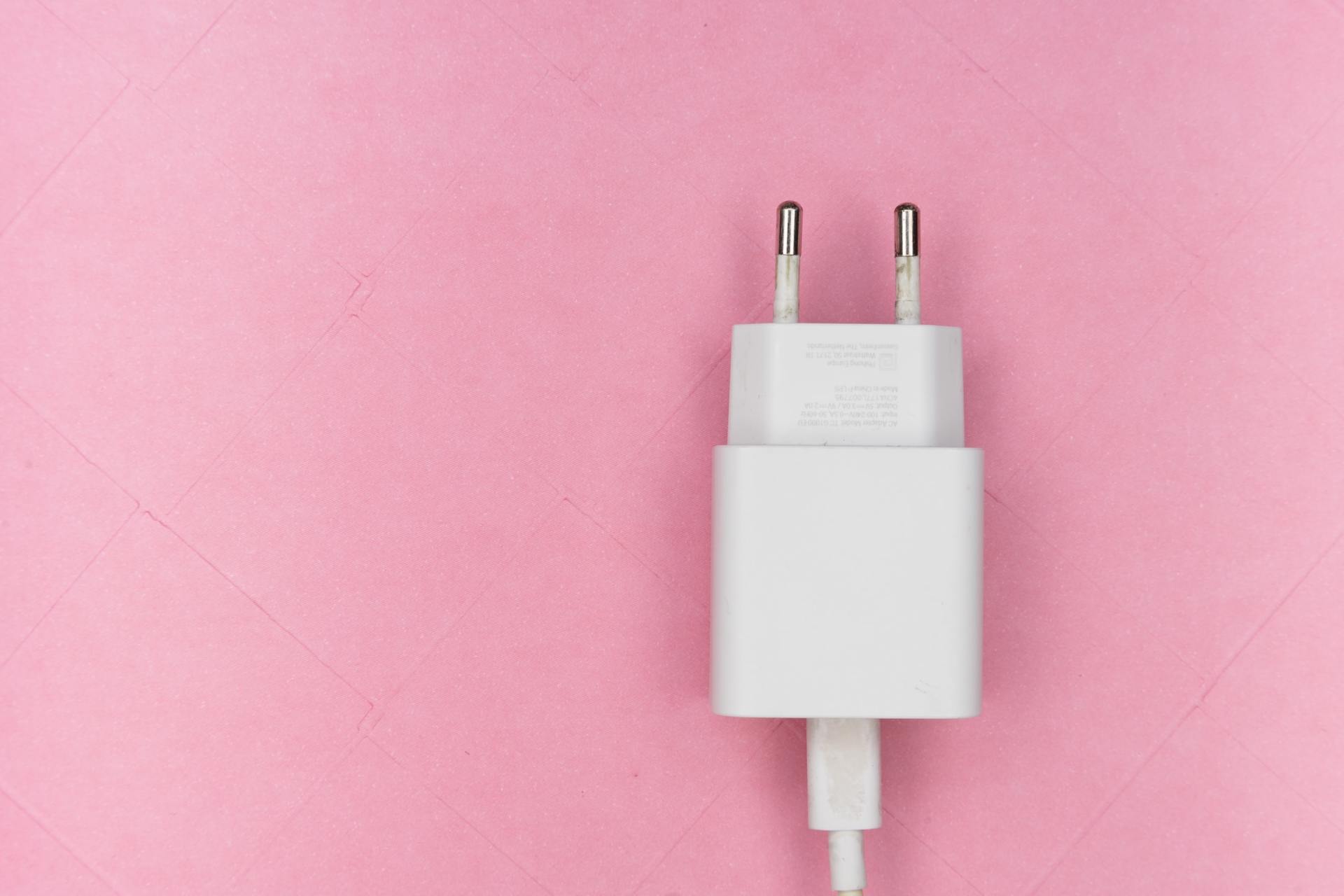

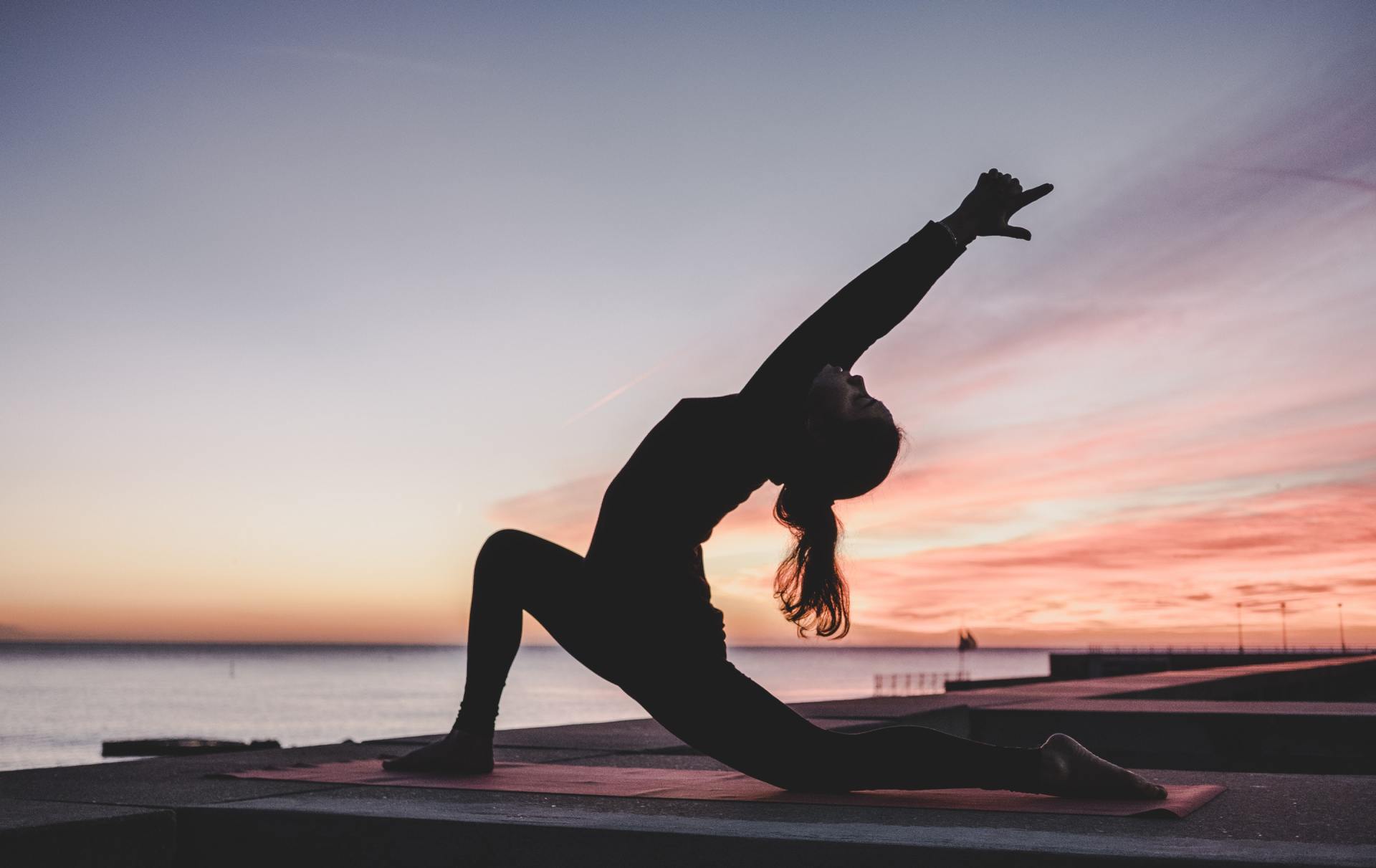

Newsletter Sign-up
You have signed up for Dr. Quinn's monthly newsletter!
Please try again later.
